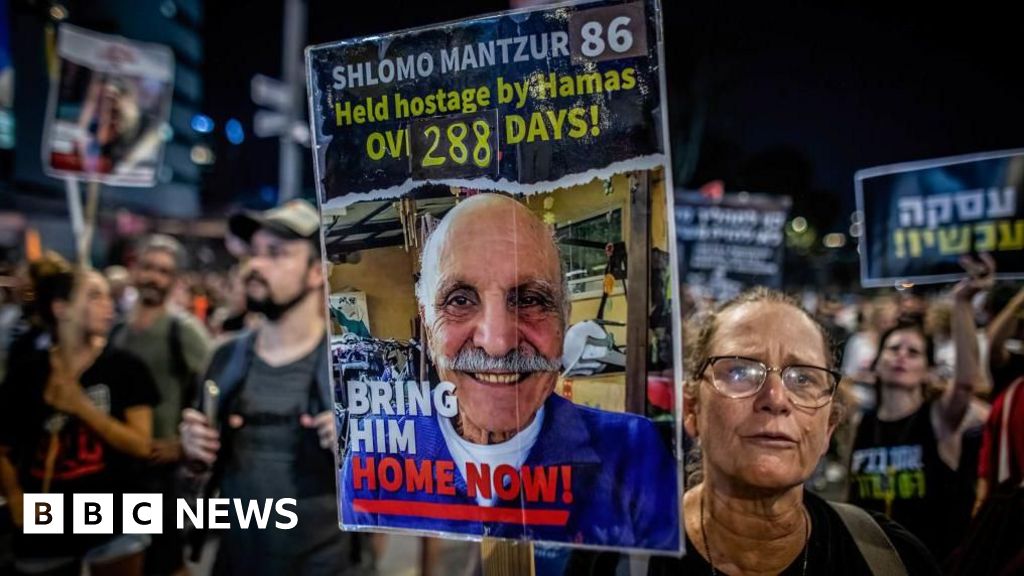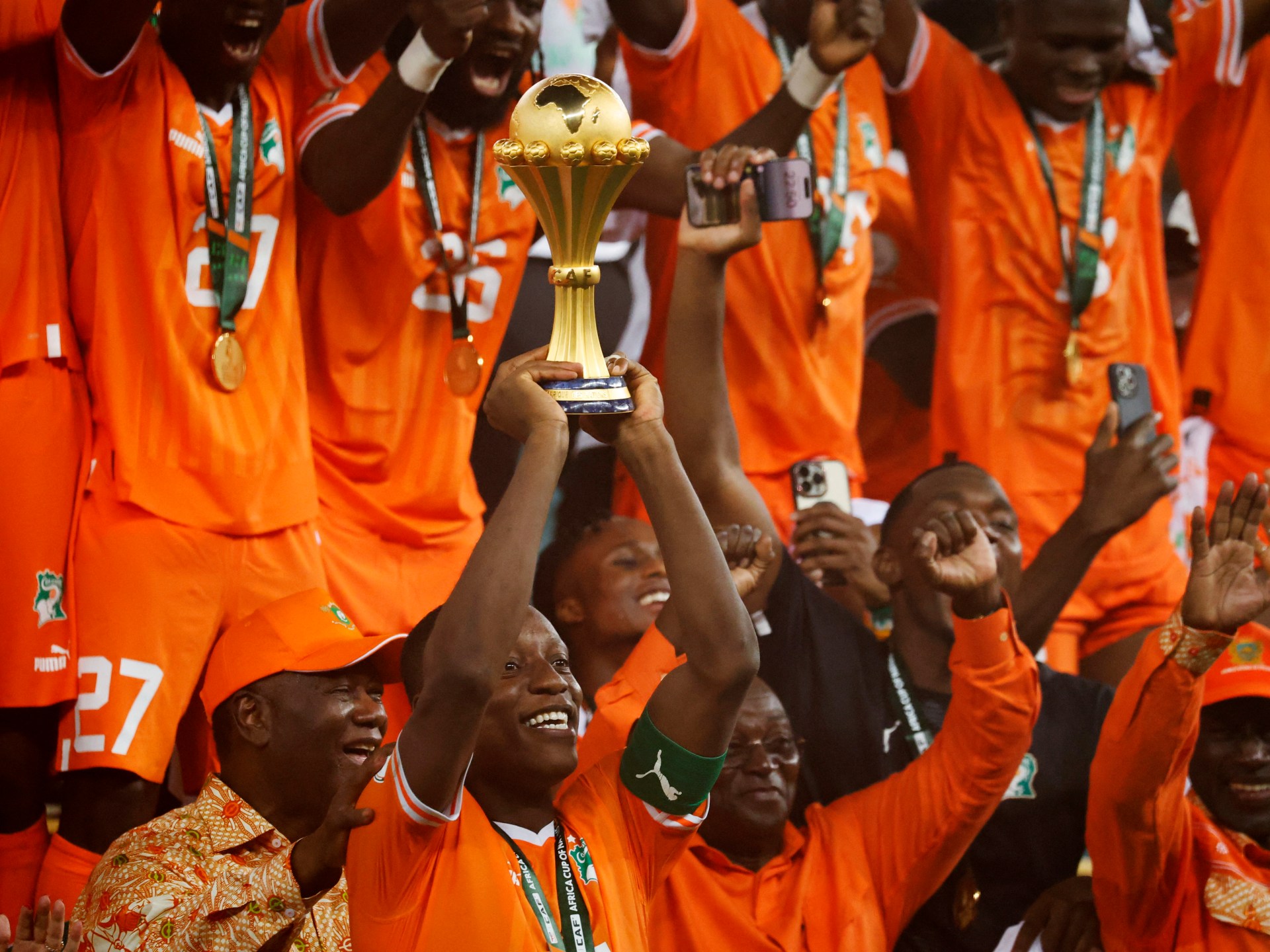Erdogan favored as Turkey votes in presidential runoff election
Sunday’s runoff election is the first in Turkey’s modern history and pits incumbent President Recep Tayyip Erdogan against opposition leader Kemal Kilicdaroglu after neither secured a majority in the first round, winning 49 percent and 45 percent of the vote, respectively. On the heels of a poorer-than-expected showing by Kilicdaroglu’s alliance on May 14, most polls now predict a comfortable victory for Erdogan, who has led Turkey for two decades as prime minister, then president.
Erdogan, 69, who rose to prominence as the mayor of Istanbul, is a polarizing figure that critics accuse of dismantling the country’s democracy by using repressive tactics against civil society and the media while consolidating power as president. To his supporters, he is a great modernizer, championing major infrastructure projects while bringing Islam back into public life.
He also has elevated Turkey’s role on the world stage, sending troops into northern Syria, slowing the expansion of NATO and acting as a mediator between Moscow and western capitals during Russia’s war in Ukraine.
Although the vote Sunday is expected to be largely free, Erdogan has used the levers of state to stack the field in his favor. In the run-up to the election, he tapped the treasury for populist spending programs that raised the minimum wage, lowered the retirement age and distributed free natural gas. The president and his allies also were afforded blanket media coverage — one state outlet covered Erdogan’s campaign for more than 32 straight hours while devoting just 32 minutes to Kilicdaroglu, according to an estimate from Turkey’s broadcast watchdog.
In a message on Twitter, a platform the Turkish government has throttled at times, Kilicdaroglu, 74, said Friday that his campaign had been prevented from sending text messages to journalists. “They are even blocking our ability to send a short message to announce our program,” he said.
The victor in Sunday’s runoff will face the daunting task of trying to steer Turkey’s economy away from disaster. The lira plummeted as Erdogan tried to keep interest rates artificially low, and foreign reserves have all but dried up. Residential rents have risen steeply, and even basic meals are more expensive than ever.
On Sunday, the faces of both candidates loomed from huge billboards across Turkish cities. Erdogan’s showed the president in soft focus against a leafy-green background and proclaimed him the “right man for the right time.” Kilicdaroglu’s posters were darker, urging Turks to “decide!”
Erdogan has campaigned on a platform of national security and technological modernity. A hulking warship was docked on Istanbul’s Bosporus Strait in the run-up to the second vote, and a Turkish-produced electric car has been touted as a symbol of the auto industry’s revival.
Kilicdaroglu focused on more fundamental reforms, promising to return to orthodox economic policy and restore Turkey’s parliamentary democracy, which was eclipsed by a strong executive presidency after a 2017 referendum that Erdogan’s critics saw as a power grab. Kilicdaroglu also campaigned on judicial independence and pledged to Turks that “you will be able to criticize me freely and without fear”; under Erdogan, tens of thousands of people are investigated every year for the crime of “insulting” the president.
But both campaigns also have been as toxic as any in recent memory, with naked appeals to nationalism and xenophobia. Erdogan baselessly accused his opponent of having ties to Kurdish terrorist groups and alleged that he would be a lackey to Western interests. Kilicdaroglu, who cast himself as the professorial and mild-mannered candidate of change during the first round, has spent the past week appealing to growing anti-immigrant sentiment: New campaign posters promised that the country’s 3.6 million refugees from the war and other upheavals in Syria would be deported.
At a school in Istanbul’s Capa neighborhood, 46-year-old Kezban Solak and her husband, Fatih, voted for different candidates on Sunday morning. Kezban said she voted for Erdogan, despite her misgivings about the direction of the country, including the economy. “There is no one who has not been affected,” she said. In the election’s first round this month, she also voted for Erdogan but not for members of his party who stood in parliamentary elections.
“I don’t believe Erdogan will be successful, or the future of the country will be better,” she said. But she chose him anyhow, for reasons that included her belief that the opposition would not be able to provide “stability in the short term” as well as the legacy of Kilicdaroglu’s secular party, which she said marginalized conservative Muslims like herself.
Her husband voted for Kilicdaroglu. “I did have some concerns about his team, but I am of the opinion that the government needs to change,” Fatih said, referring to an often-repeated complaint about discord among the coalition of opposition parties that are backing Kilicdaroglu.
During a toxic and trying campaign season that divided families across Turkey, the couple had not argued about the candidates. “We don’t speak about politics,” Fatih said, laughing. “We don’t interact with each other on religious issues,” Kezban added. “We love and respect each other.”
Opposition parties had hoped to capitalize on public anger over the government’s handling of the devastating Feb. 6 earthquakes. National rescue authorities were slow to mobilize during a critical period for saving lives, and the fragility of many buildings was blamed on widespread corruption in the construction industry and a lack of government oversight. But across the quake-shattered south — a traditional stronghold for Erdogan and his governing Justice and Development Party — voters remained loyal to the president in the first round of voting.
Erdogan averaged 63 percent of the vote in the six provinces with the highest death tolls. He lost in Hatay, where the ancient city of Antakya was almost leveled, but only by five-hundredths of a point. During campaign events in the region, Erdogan promised to clean up towns and cities and rebuild homes within a year.
“The question of ‘how do I get my home back?’ became more pressing than ‘who is responsible?’” said Galip Dalay, a researcher at the Chatham House think tank in London.
Fahim reported from Istanbul.
Check out our Latest News and Follow us at Facebook
Original Source







